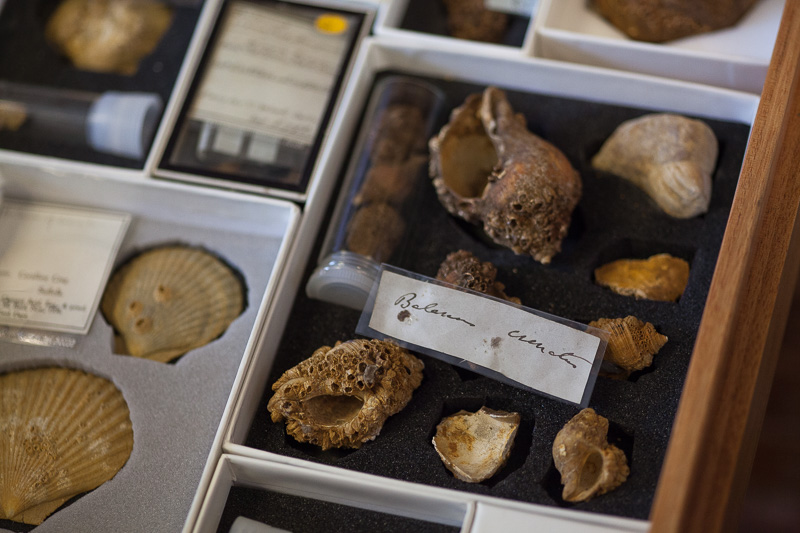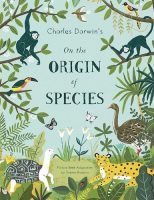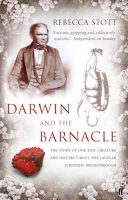12TH FEBRUARY 2019
Dear Friend of Darwin,
In one of my favourite poems, Philip Larkin describes becoming ‘breathless’ on realising he’s started to talk in terms of quarter-centuries and multiple decades. I know the feeling.
Today marks ten years since Charles Darwin’s bicentenary, when the whole world (not just me) went Darwin-mad. Is it really an entire decade since I planted the Darwin Bicentennial Oak in my garden? And since I stood in line at Hebden Bridge Post Office to buy the sheet of commemorative Darwin stamps now gracing my study wall? Time flies. I’m considerably greyer than I was, and the oak is considerably taller. But it’s still only a sapling. Mere decades count as nothing to oaks.
It also just occurred to me that next month will mark the 25th anniversary of the Friends of Charles Darwin. A quarter of a century: how on earth did that happen? I’d better get a move on!
Happy 210th birthday, Mr D!
Missing Links
Some Darwin- and evolution-related stories that caught my eye recently:
-
Galápagos island gets its first iguanas since Darwin after mass-release
A group of more than 1,400 iguanas have been reintroduced to Santiago Island in the Galápagos archipelago, nearly two centuries after they disappeared from the island. -
Darwin ‘Origin of Species’ draft stopped from leaving UK
A handwritten draft from Charles Darwin’s On the Origin of Species is at risk of leaving the UK unless a buyer can be found. A sale for the extract, and two other pages, has been agreed but delayed by the UK government. -
Neanderthals, Denisovans and Modern Humans
How DNA analysis of ancient human remains is revolutionising our understanding of the history of human populations, their movements, and their mixing, throughout time and across the world. A review of Who We Are and How We Got Here: Ancient DNA and the New Science of the Human Past by David Reich. -
A courting peacock can shake its partner’s head from afar
Details of an interesting new hypothesis that female peacocks’ crest feathers can detect courtship vibrations from males’ tail feathers. -
What makes us human? (YouTube)
Humanists UK’s new President, Professor Alice Roberts, provides an answer to the question ‘What makes us human?’ for BBC 2’s Jeremy Vine, informed by her training as an anatomist and archaeologist, and her rational and positive humanist outlook on life. -
A Voyage of Sketches: the Art of Conrad Martens (YouTube)
A video whose existence had somehow previously escaped my notice, about the intricate pencil drawings and watercolours of Conrad Martens, shipmate of Charles Darwin as they travelled around South America on the voyage of HMS Beagle. -
Charles Darwin’s ailments are ‘typical of Lyme disease’ in UK
(Yet) Another new hypothesis on Darwin’s mysterious, chronic illness. (For what it’s worth, my unsubstantiated hunch is that Darwin had more than one ailment—but we’ll never know for sure what they were.) -
Evolution, illustrated: Study captures one of the clearest pictures yet of evolution in vertebrates
A team of international researchers conducted a multi-year study in which hundreds of mice were released into massive, custom-built outdoor enclosures to track how light- and dark-colored mice survived in light- and dark-colored habitats.
For regular links like these, please like and follow the Friends of Charles Darwin Facebook page.
Natural Selections
Some book recommendations for you:
Journal of Researches
Progress on my Darwin book slowed to a trickle during the Christmas lull, after which I rashly decided to decorate our junk room. But I’m slowly getting back into the swing of things.
Before the lull, I was knee-deep in barnacles (see book recommendation above). It turns out I’m not the only writer to be easily distracted. Having come up with his theory of evolution by means of natural selection, but before getting round to writing On the Origin of Species, Darwin spent eight years studying and writing about barnacles. I suppose it beats decorating.
Darwin embarked on this unintentionally long research programme to establish his credentials as an expert on a particular group of species. A careless comment by his best friend, Joseph Dalton Hooker, about the temerity of another individual to theorise on species without being an expert in any, settled Darwin’s mind once and for all: he needed to develop a reputation as a systematicist before he could theorise in public about species. One important, unexpected outcome of Darwin’s barnacle work was his coming to appreciate just how much variation there is both between and within species.

Expression of Emotions
Thanks for taking time to read this newsletter. Please feel free to forward it to any friends you think might like to subscribe.
See you next time!
Richard Carter, FCD
friendsofdarwin.com
richardcarter.com


